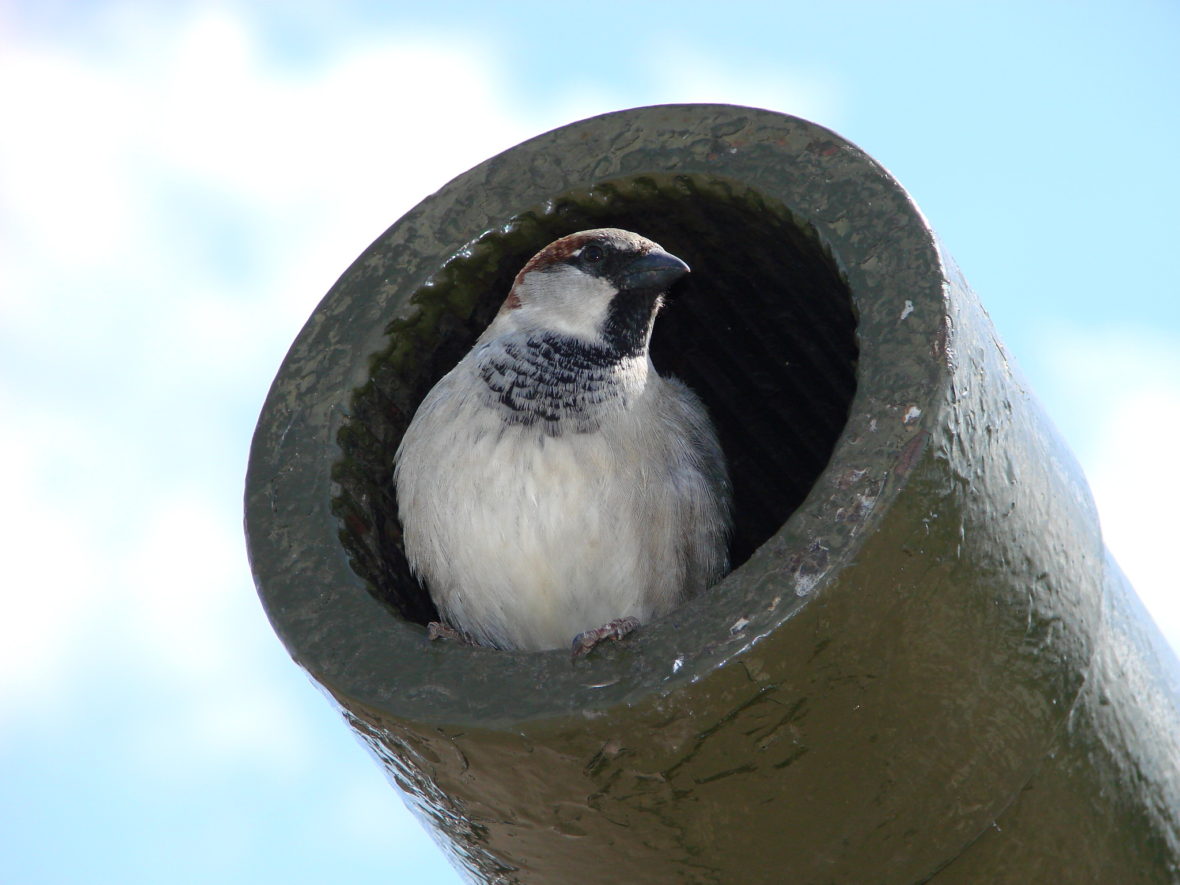The title of Charlotte Seley’s book comes from a sentence by Roland Barthes, “The world is in fact just that: an obligation to share. The world (the worldly) is my rival.” This can be read as a brag or an admission of defeat—who can compete with multitudes? Either way, it’s a claim for the power of imagination, and Seley’s is full of energy and ardor. Her poems embrace the world—mostly New York City and the northeast—in a journey of love and grief that won’t settle for simple answers. “I am not fluent in any languages,” she admits in the book’s first poem; “I said your eyes were like glaciers and you thought beautiful,/ but what I really meant was cold.” Add this to, “When I told you everyone stops to kiss/ under that arch in Washington Square Park—// Nobody does that,” and “I still don’t understand asking/ is the conventional way to get what I want,” and Seley’s established her quirky sensibility—wry, assured, yet wistful—from the get-go.
There’s a narrative here of love gone bad, and a romantic triangle that pierces at every point. In “Burden of Desire,” the lovers’ hands become a sieve, “the in-between/of dearth &glut.” In “’The Lover’s Discourse Is Today of an Extreme Solitude,’” love is a Chinese finger trap:
Sometimes when what we’ve built is unraveling,
I want you to hold it together.
I conjure the finger trap.
Relax
and it slides right off. We could live
in the middle of it:
Woven,
weird, relaxed
“Not everything is a metaphor for everything,” Seley concludes the poem, but her work is rich with figurative language as she sees herself as slot machine, matador, shadow, saguaro cactus. In “The Cactus Where a Heart Should Be,” she asks if her heart has died and been replaced by a prickly pear, “or is there underneath a sea anemone.” Throughout her poems, images associated with water—a sea anemone here; kelp, rivers, fish elsewhere—abound.Although she never compares herself to a mermaid, that could be one of Seley’s totems, half one thing and half another. In “What Does Heart Mean?To Have Courage. To Love,” she writes, “I want to be one/ unmovable thing,/ not a phoenix but like a phoenix…” when, of course, the hallmark of a phoenix is its constant reinvention.
Among my favorite poems, “Bright Red Bit” begins with the disposition of a dead beta fish, dumped “bowl and all into the Susquehanna.” The fish becomes an emblem of a lost relationship:
Why didn’t we save even one marble?
As I sprinkled his food into the river Jeff said
You killed it, and I knew he didn’t mean the fish.
Seley continues:
When I die, I do not really want
my possessions with me down there, returned to earth.
Just stuff I pulverized into a nurturing. My home,
for one, as rotten as it was. The red Solo cups
on the porch, the second-hand bed, dirty
tube socks and loose threads of tobacco in the carpet.
The poem is full of watchful detail that love forces on those suffering its unraveling: “How our fish must’ve known his sighs were numbered / when I noticed his tattered fins as fragile and broken harps,/ while unhooking frames from the wall, packing boxes.” The “stuff I pulverized into nurturing” chimes with the fish food, and the “rotten”home with the beta’s cluttered bowl. The lovely “fragile and broken harps”suggests a ruined heaven, and the poem ends as an elegy for “the love for something/ that will never love you back.”
In her end notes, Seley writes, “This entire collection is inspired deeply by 69Love Songs by the Magnetic Fields and A Lover’s Discourse by Roland Barthes.” Notes include references to individual songs and to quotations by Barthes, as well as other writers. Does it matter whether a reader is familiar with any of Seley’s samples and prompts? I listened to several tracks from 69 Love Songs, and found this quote from songwriter Stephin Merritt: “69 Love Songs is not remotely an album about love. It’s an album about love songs, which are very far away from anything to do with love.” The songs are beguiling, but Seley’s music cuts deeper than her indie pop band’s. The World Is My Rival reveals heart and grit, intensity and insight. Seley’s language, always inventive, detonates with power that allows her pages to rival the world. Thanks to Spuyten Duyvil Press for adding an impressive new voice to its list.
